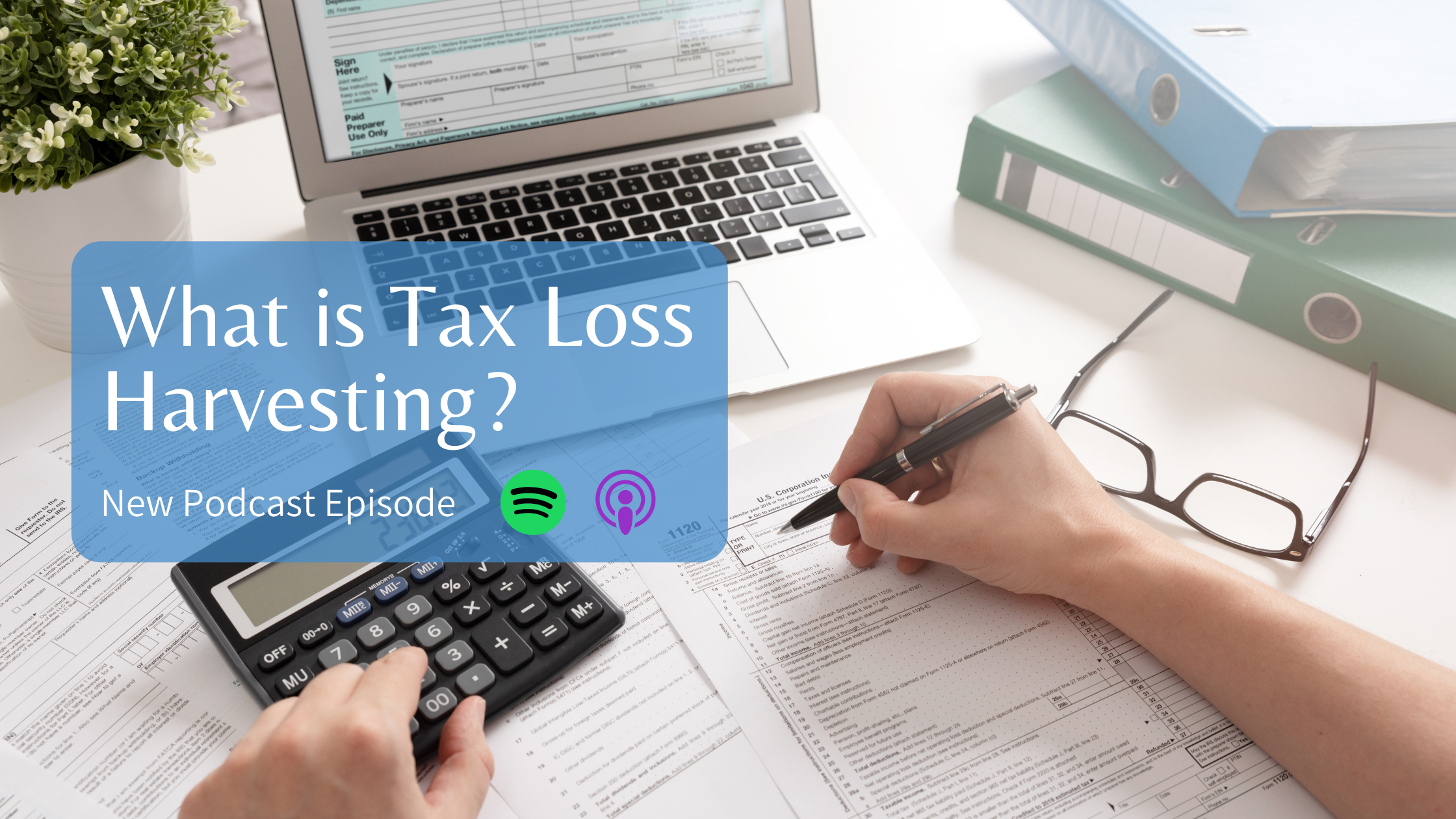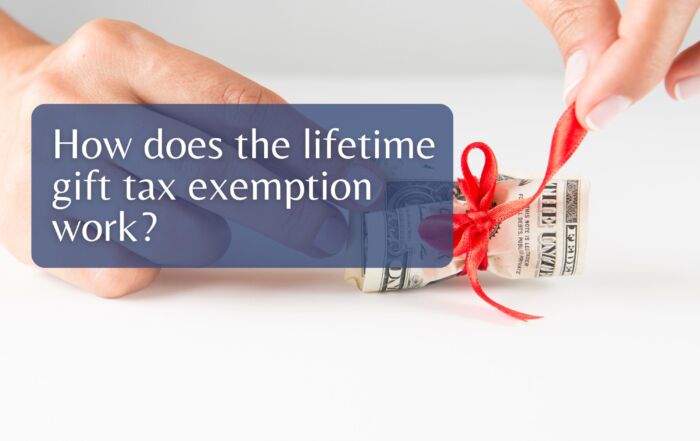
What is Tax Loss Harvesting?
On this week’s episode, Brad Lyons, CFP®, Investment Manager, and Jordan Sute, CPA join Casey Smith to discuss tax loss harvesting. Tax loss harvesting is looking at a loss in your portfolio, selling it so that you can sell off the loss, and then reinvesting it into something else. This technique leverages a circumstance in your portfolio to enhance your tax standing. Just because you sell something doesn’t mean it’s bad. Most advisors don’t even think to do this.
Listen on Apple Podcasts or watch on YouTube:
SUMMARY:
Short Term and Long Term Losses
What is the difference between the two? The difference is one year. If you hold an asset for one year, it is classified as long term. Short term gains are taxed at ordinary rates whereas long term gains are taxed at capital gains rates. There are no Capital Gains taxes up to $80,000 in income.
Making Decisions Based on What You Know Today
Covid’s effect on the market ended up being very temporary, but at the time, we didn’t know if that would be the case. At Wiser Wealth, every morning Casey and Brad would get together to decide if that day was the day to rebalance the portfolios. In those moments, you don’t actually know what the next day will hold, so you just have to make the best decisions you can based on your experiences and information you are receiving.
Take Advantage of the Situation
In moments of market stress, it is wise to think about how, as an investor, you can take advantage of the situation. At Wiser Wealth, we have shadow portfolios that serves as a backup so that if we didn’t have one security, we already knew which one we would want to replace. It works the same way in our Flightpath program through Betterment, where it is going to automatically do tax-loss harvesting as it sees opportunities.
Something a Lot of Advisors are Missing
Solo advisors might not feel confident to do this on their own inside their portfolios. It adds to the rate of return after tax overall. As an advisor, when we look at the portfolio, we can be much more objective. As a DIYer, it is much harder to sell securities because there are a lot of emotional attachments to the securities. The idea of tax-lost harvesting is to buy the same value of the car so that the portfolio stays net.
TIMESTAMPS:
4:49 Short Term and Long Term Losses
8:15 Making Decisions Based on What You Know Today
13:16 Take Advantage of the Situation
15:52 Something a Lot of Advisors are Missing
LINKS:
Learn more about Casey Smith and connect with him on Twitter.
Learn more about Brad Lyons.
Learn more about Matthews Barnett.
CONNECT:
Twitter, Instagram, Facebook, LinkedIn, and YouTube.
Learn more about the Wiser Wealth Management Roundtable podcast and access previous episodes.
Share This Story, Choose Your Platform!
Wiser Wealth Management, Inc (“Wiser Wealth”) is a registered investment adviser with the U.S. Securities and Exchange Commission (SEC). As a registered investment adviser, Wiser Wealth and its employees are subject to various rules, filings, and requirements. You can visit the SEC’s website here to obtain further information on our firm or investment adviser’s registration.
Wiser Wealth’s website provides general information regarding our business along with access to additional investment related information, various financial calculators, and external / third party links. Material presented on this website is believed to be from reliable sources and is meant for informational purposes only. Wiser Wealth does not endorse or accept responsibility for the content of any third-party website and is not affiliated with any third-party website or social media page. Wiser Wealth does not expressly or implicitly adopt or endorse any of the expressions, opinions or content posted by third party websites or on social media pages. While Wiser Wealth uses reasonable efforts to obtain information from sources it believes to be reliable, we make no representation that the information or opinions contained in our publications are accurate, reliable, or complete.
To the extent that you utilize any financial calculators or links in our website, you acknowledge and understand that the information provided to you should not be construed as personal investment advice from Wiser Wealth or any of its investment professionals. Advice provided by Wiser Wealth is given only within the context of our contractual agreement with the client. Wiser Wealth does not offer legal, accounting or tax advice. Consult your own attorney, accountant, and other professionals for these services.





